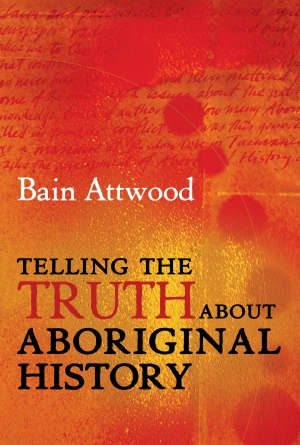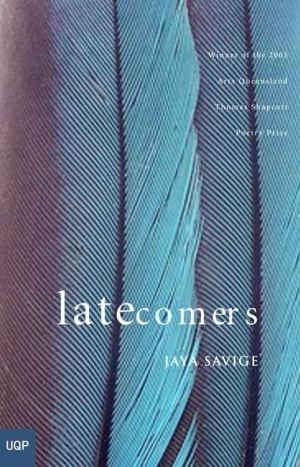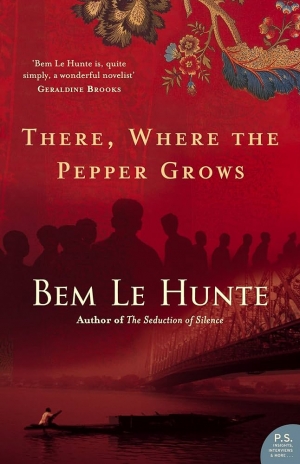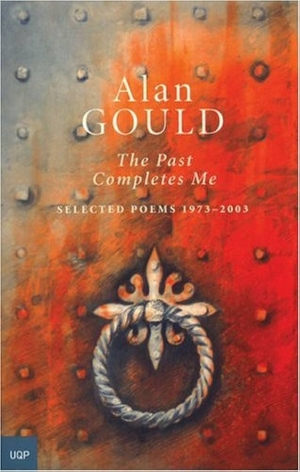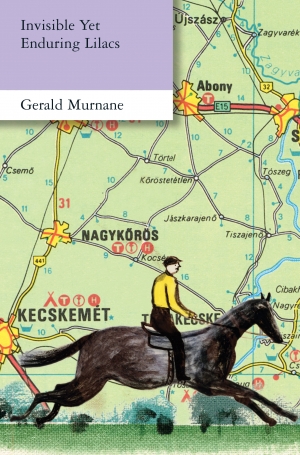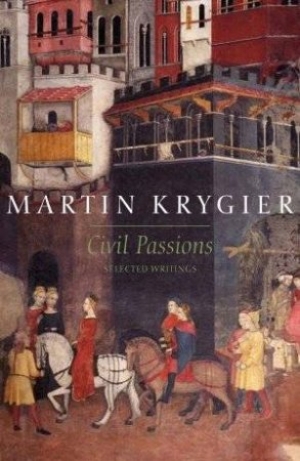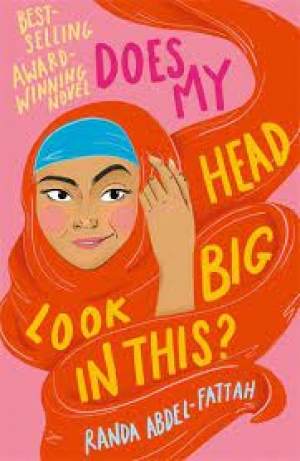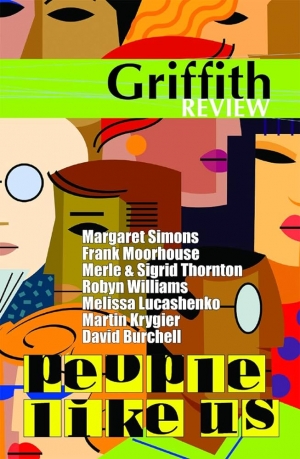Review
A. Dirk Moses reviews ‘Telling The Truth About Aboriginal History’ by Bain Attwood
For the past twenty years, Bain Attwood has been trying to de-provincialise what he sees as an insular historiography of Aboriginal Australia by imploring colleagues to embrace the latest intellectual trends from France, America and New Zealand. In Telling the Truth about Aboriginal History, he expands on his many press articles on the ‘history wars’ and combines them with methodological reflection on postmodernism and post-colonialism. What advice does he have for his colleagues in the face of doubts cast on their work by newspaper columnists and other ‘history warriors’?
... (read more)David Lange’s autobiography was published on 1 August 2005. Twelve days later, he died in Auckland, at the age of sixty-three, after kidney failure and a long battle with amyloidosis, a rare disorder of plasma cells in the bone marrow, having been kept alive by a pacemaker, chemotherapy, peritoneal dialysis, and blood transfusions. He had been a diabetic for many years. When My Life appeared, press reports concentrated on isolated paragraphs and sentences, containing critical remarks about his former ministers, and about Bob Hawke. The book could have been dismissed as shrill vituperation, but it is far more than that. My Life is a touching, searching and reflective work, deeply analytical and self-critical. David showed great courage in completing an autobiography so close to death.
... (read more)The poems collected in Jaya Savige’s first book, latecomers (published by UQP as winner of the 2004 Arts Queensland Thomas Shapcott Poetry Prize), are often marvels in their own right – street-savvy, sensitive, intelligent lyrics. Together, even more impressively, they generate a many-branched, collective meditation on lateness.
... (read more)Christina Hill reviews ‘Beyond The Legend: A Kimberley Story’ by Noni Durack and ‘Out Of The Silence: A Story of love, betrayal, politics and murder’ by Wendy James
These two first novels are based upon events and people from Australian history. Noni Durack recasts the story of the pastoralists of the north-west of Australia in terms of an enlightened awareness of land degradation, but the narrative remains oddly captive to the legend of heroic conquest that she is trying to critique. Wendy James, on the other hand, has written an elegant feminist account of the lives of women in Melbourne at the time of the struggle for women’s suffrage.
... (read more)Lisa Gorton reviews ‘There, Where the Pepper Grows’ by Bem Le Hunte and ‘Behind The Moon’ by Hsu-Ming Teo
There’s a joke that comes up in westerns about the book that saves: a thick volume in the chest pocket that takes a bullet. Bem Le Hunte introduces her second novel about a small band of World War II refugees: ‘This book was written as a prayer for those people who could not live to tell their tales. It was written, too, as a prayer for the future of our world, in the hope that stories like this have the power to save us.’ Certainly, this is a book that teaches hope against the odds, but when you consider how human cruelty has survived even the greatest stories, Le Hunte’s prayer sounds forlorn – unless she was thinking of saving us from boredom, in which case both There, Where the Pepper Grows and Hsu-Ming Teo’s Behind the Moon work most effectively.
... (read more)Martin Duwell reviews 'The Past Completes Me: Selected poems 1973–2003 ' by Alan Gould
Alan Gould’s writing career began in the early 1970s when he was one of the ‘Canberra Poets’. This substantial selection covers thirty years and clearly shows both the achievements and the limitations of his work: I think the former outweigh the latter. One of the strengths of his poetry is a consistent vision; thirty years gives the opportunity for that to be explored in all its ramifications. The centre of this vision is history or, in its unintellectualised form, the past. Almost all the poems relate to this in one way or another. Even the later poems of humour or love or the waiting for a child’s birth are framed by the overriding meditation on the past, so that, though they are expressions of an intimate personal life, it is one conducted on the surface of the immense, slowly changing patterns of history.
... (read more)Michelle Griffin reviews 'Invisible Yet' by Gerald Murnane and 'Literati' by James Phelan
I could always rely on Gerald Murnane for a beautiful quote. Nine years ago, when I was researching a piece on writers and technology, he told me he wrote all his books on a manual typewriter with the index finger of his right hand: ‘My favourite word to type, as a one-finger typist, is “afterwards”,’ Murnane told me over the phone. ‘It’s a beautiful whirly movement with one finger.’ Afterwards, as I transcribed his perfectly weighted sentences, it was clear that Murnane had probably already written the words he spoke to me. ‘I tend to think of words as written things rather than spoken things,’ Murnane writes in ‘The Breathing Author’, one of the more recent pieces in Invisible Yet Enduring Lilacs, his first book in a decade. ‘While I speak, I often visualise my words as being written somewhere at the same time.’
... (read more)Morag Fraser reviews 'Civil Passions: Selected Writings' by Martin Krygier
Martin Krygier’s deft, discursive prose could persuade anyone except an ironclad ideologue that it is exhilarating as well as healthy to examine one’s prejudices and complacencies. Krygier is also a writer possessed of a frank openness that gives credence to the idea that you can judge a book by its cover. I suspect he’d also enjoy the piquancy of maxim busting. The cover of Civil Passions is a particularly beautiful one: a detail of Ambrogio Lorenzetti’s 1338–40 fresco, the Allegory of Good Government. Its Giottoesque precision and its colour – those luminous Sienese pinks and reds – would be reason enough to use it. But there is a deeper fitness to the choice, and it has to do with what Krygier describes as his destined mode of being: one of hybridity.
... (read more)Anna Ryan-Punch reviews 'Does My Head Look Big In This?' by Randa Abdel-Fattah and 'Still Waving' by Laurene Kelly
The Young Adult ‘issue novel’ is a difficult thing to do well. To write one that rises above the mediocre requires a careful avoidance of both sentimentality and sensationalism, and the better books succeed by either tackling an unusual or topical issue, or by looking at a situation from a novel angle. These two books – though covering very different terrain – are good examples.
... (read more)Michael Williams reviews ‘Griffith Review 8: People like us’ edited by Julianne Schultz, ‘Heat 9: Star dust’ edited by Ivor Indyk and ‘Island No. 100’ edited by David Owen
Hands up if you subscribe to an Australian journal. Keep them up if you subscribe to more than one. More than two? If you read them? Cover to cover? Half? More than two articles an issue? Hands up if you look forward to them. Maybe it’s just me, but there’s something that makes me terribly tired when faced with the prospect of Australia’s literary and political journals. I stand in front of the (small) shelf made available for them in my local bookshop and try to muster up the enthusiasm I might feel when faced with a shelf of new books; try to feel excited at the prospect of reading them. I have a couple of subscriptions, and when they arrive, I make a point of tearing the envelope open immediately to have a look. And yet I still have to push past a barrier of resistance to sit and actually read them.
... (read more)
